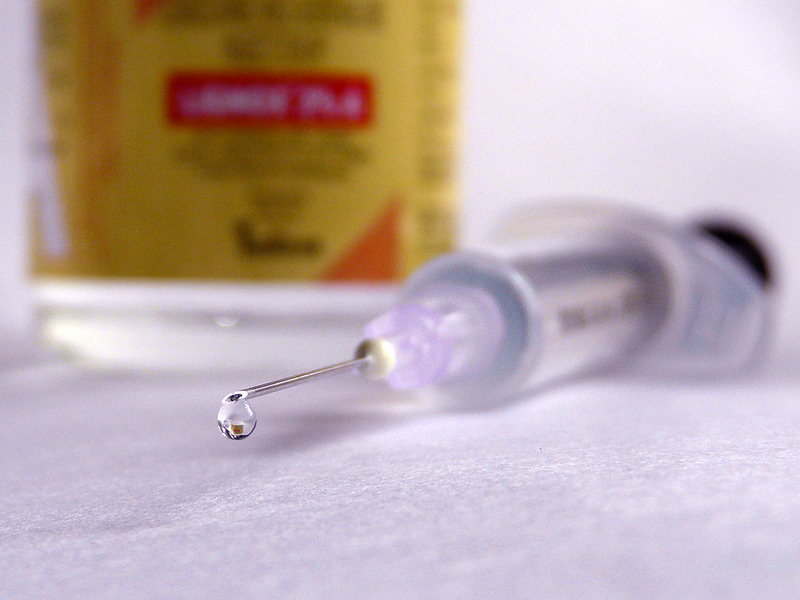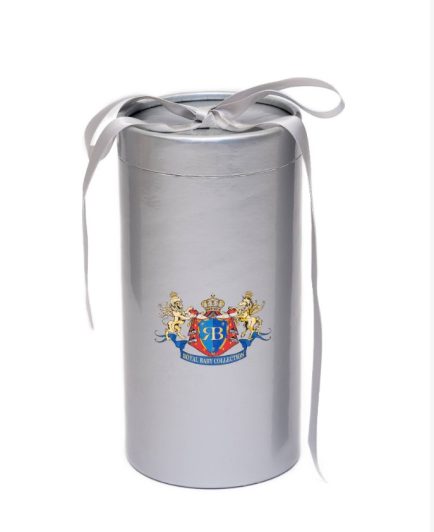Immunization (vaccination) means protection. The most effective and safe way to protect children from contagious diseases is by vaccination. Vaccines are considered a breakthrough in preventive medicine. Vaccines protect your child’s health by preventing them from contracting severe contagious diseases. All routine vaccines given at Tipat Halav family care centers and at schools are free of charge.
Routine vaccines provided for babies and children
The vaccines currently provided for babies and children at Tipat Halav family care centers as part of the routine vaccination program are:
- Vaccine against Diphtheria-Tetanus-Whooping cough + Haemophilus influenzae type B + Polio [DTaP-Hib-IPV]
- Vaccine against Measles-Mumps-Rubella (German measles) + Varicella (chicken pox) [MMRV]
- Vaccine against pneumococcus bacteria [PCV]
- Vaccine against Hepatitis B
- Vaccine against Hepatitis A
- Vaccine against Rotavirus
The vaccines given at school are:
- In 1st grade: Vaccine against Measles-Mumps-Rubella (German measles) – Varicella (chicken pox) [MMRV]
- In 2nd grade: Vaccine against Diphtheria-Tetanus-Whooping cough + Polio [Tdap-IPV]
- In 8th grade: Vaccine against Diphtheria-Tetanus-Whooping cough [Tdap]
- In 8th grade: Vaccine against Human Papilloma Virus [HPV]
Vaccine against Influenza
There are two types of vaccine against influenza. The vaccines provide good protection against influenza for one winter:
- Killed (inactivated) vaccine, given by injection, is intended for persons aged 6 months and over. It can be given at any time interval from any other vaccine.
- Live attenuated vaccine, given as a spray to the nose, intended for healthy people aged 2-49 years (not for pregnant women). A 4 week interval is required between this attenuated live vaccine and other attenuated live vaccines (against measles, mumps, rubella, varicella and yellow fever) if they are not given on the same day (the recipient must pay for this vaccine).
Photo credit: Dr. Partha Sarathi Sahana on Visualhunt.com / CC BY































Comments